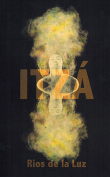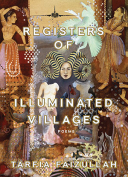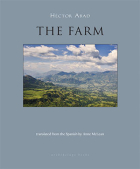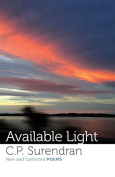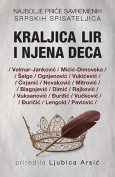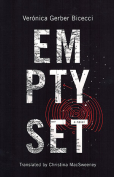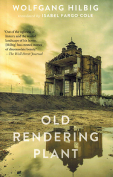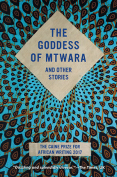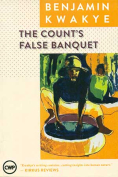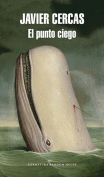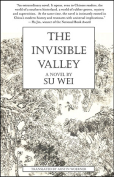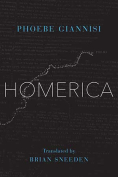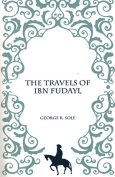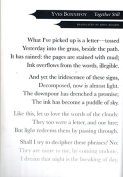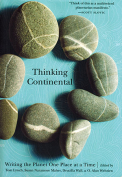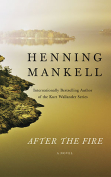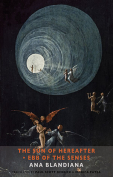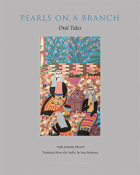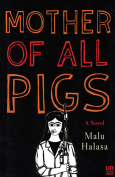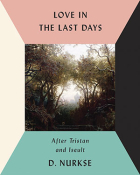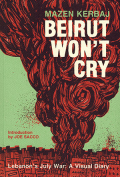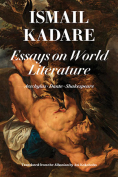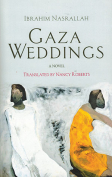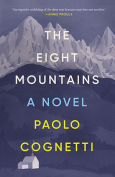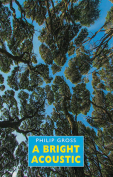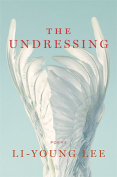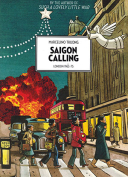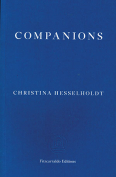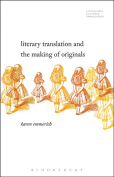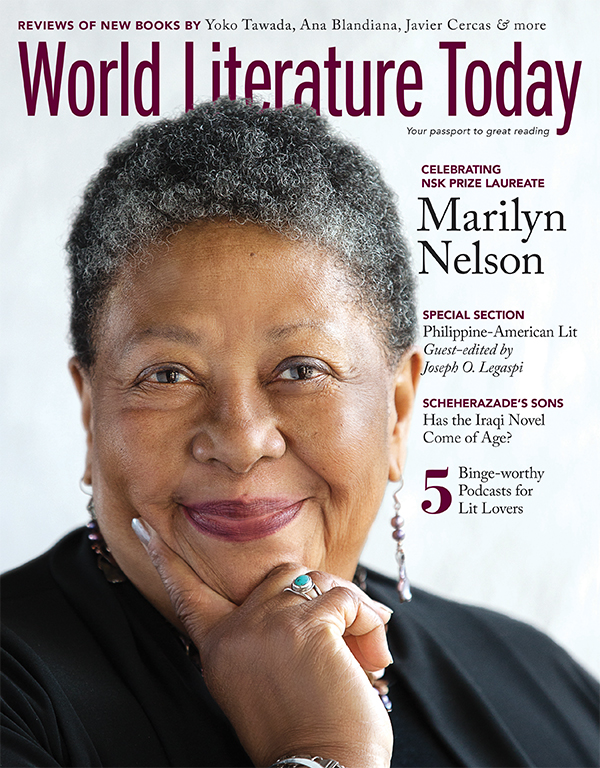The Undressing by Li-Young Lee
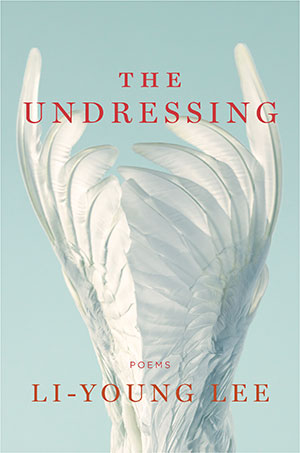 New York. W. W. Norton. 2018. 96 pages.
New York. W. W. Norton. 2018. 96 pages.
In his latest volume of poems, Li-Young Lee has managed to yoke together lyrical and testimonial voices (see WLT, Jan. 2018, 13–17). Indeed, its title, The Undressing, refers to both types of focus: the volume greets us with eroticism, with a literal undressing, but moves toward far starker poems. Our illusions of a peaceful life are “undressed” in order to reveal a violent reality from which we seek refuge in a love that must be seen as both physical and profoundly spiritual, the love of a Christian God as well as the love of a man for his beloved. Lee has been called a mystical poet, but that is only one aspect of his complex understanding of reality: we live in a world that cruelly divides us humans from one another, and our experience of it may encompass the mystical but must also recognize concrete states of destruction, hate, and pain.
This volume asks us to consider the discrepancy of human perspectives. My way of seeing is not always your way, insist the interlocutors of Lee’s poems. Yet we must go beneath the surface of our words and learn to feel our oneness as well as our differences: “Look at us: You inside me / inside you. We’ve lived inside / each other from the beginning.” The poem containing these lines, “Changing Places in the Fire,” is a masterpiece in Lee’s oeuvre. Tonally and thematically complex, it involves an ardent denunciation of the poet’s art just as it uses that art to insist upon the “asylum” to be found in a “final word,” perhaps “Word,” that strongly implies both the mercy and absoluteness of a Christian God just as it inevitably circles back to the imperfect words used by a poet. T. S. Eliot’s Four Quartets is the guiding presence behind this poem, in its quest for belonging and its willingness to critique its own processes. It echoes many of Eliot’s paradoxes, questions the link between timelessness and mortality, and interrogates its own capacities, just as the Quartets do. Yet Lee’s early experience as a refugee underlay his poem, and this concrete grounding gives it an urgency that sets it apart, as does Lee’s interest in the unity of erotic and spiritual experience. The sinuous, delicately balanced lines of these poems compel our attention. Lee has earned his place as a preeminent poet of our times.
Magdalena Kay
University of Victoria
